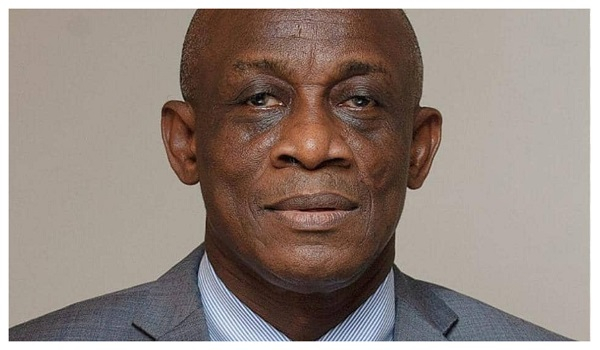Russia's Military Economy Reportedly Slows as Trump Considers Sanctions

After three years of unexpected growth, Russia's heavily militarized economy is experiencing a slowdown, marked by a widening budget deficit, fluctuating oil prices, and the persistent threat of further Western sanctions. Initially, substantial government spending on its military-industrial complex, including guns, tanks, drones, missiles, and soldiers for the Ukraine campaign, had enabled Moscow to defy predictions of economic collapse following its 2022 offensive. This surge in military outlays, now accounting for nine percent of GDP, according to President Vladimir Putin, led to a 60 percent jump in government spending since before the offensive.
However, this military-driven economic growth appears unsustainable. Natalia Zubarevich, an economist at Moscow State University, noted that it is no longer possible to solely rely on the military-industrial complex to propel the economy, as almost every other sector is showing zero or even negative growth. Russia's economy expanded merely 1.4 percent on an annualised basis in the first quarter, a significant drop from 4.1 percent in 2024 and its lowest reading in two years. The Central Bank now projects a growth rate of no more than 1-2 percent for the current year. Alexandra Prokopenko, a former central bank advisor, described the economy as "simply running out of steam."
Despite President Putin's dismissal of concerns, stating that rapid expansion could create "imbalances," Russia faces significant economic challenges. Rapid inflation, hovering around 10 percent, has been a primary concern. While the Central Bank recently slightly reduced interest rates from a two-decade high, citing moderating price rises, these high borrowing costs, combined with declining oil prices, are major contributors to the economic deceleration. The average price for Russia's Urals blend crude oil dropped to $52 a barrel in May from $68 in January, significantly reducing energy revenues, which constitute over a quarter of government income.
To address tighter finances, Russia has increased taxes on businesses and high earners, ostensibly to fund the Ukraine offensive. However, this new income primarily serves to cover the shortfall in oil sales. Consequently, Russia's parliament was compelled to revise state spending plans for 2025, now anticipating a budget deficit of 1.7 percent of GDP, three times higher than initially forecast.
The prospect of new Western sanctions remains a critical external factor. Ukrainian President Volodymyr Zelensky has urged international leaders, particularly US President Donald Trump, to impose a fresh set of economic sanctions on Moscow to cut off war funding and compel a pursuit of peace. While Trump's intentions regarding sanctions remain ambiguous, some US senators have proposed significant tariffs on countries purchasing Russian oil to curb the flow of billions of dollars to Moscow from nations like China and India. Moscow, for its part, oscillates between condemning sanctions as "illegal" attacks and dismissing them as ineffective tools that have backfired on the West. Despite the economic pressures, Moscow maintains its ability to sustain the conflict "for a long time," with Zubarevich predicting continuation through 2025, noting that while 2026 might be tougher, military spending will be prioritized by cutting other expenses.











